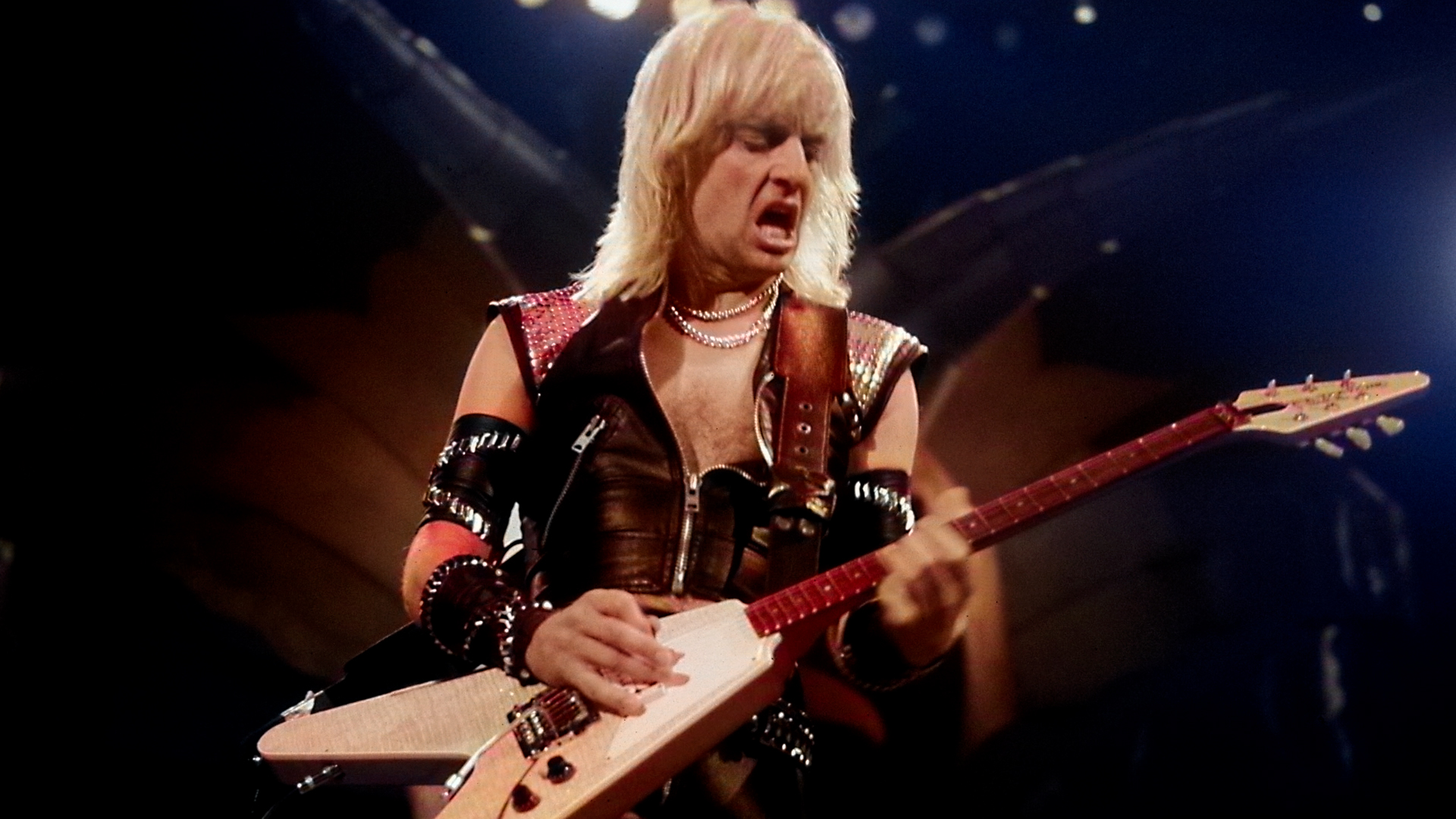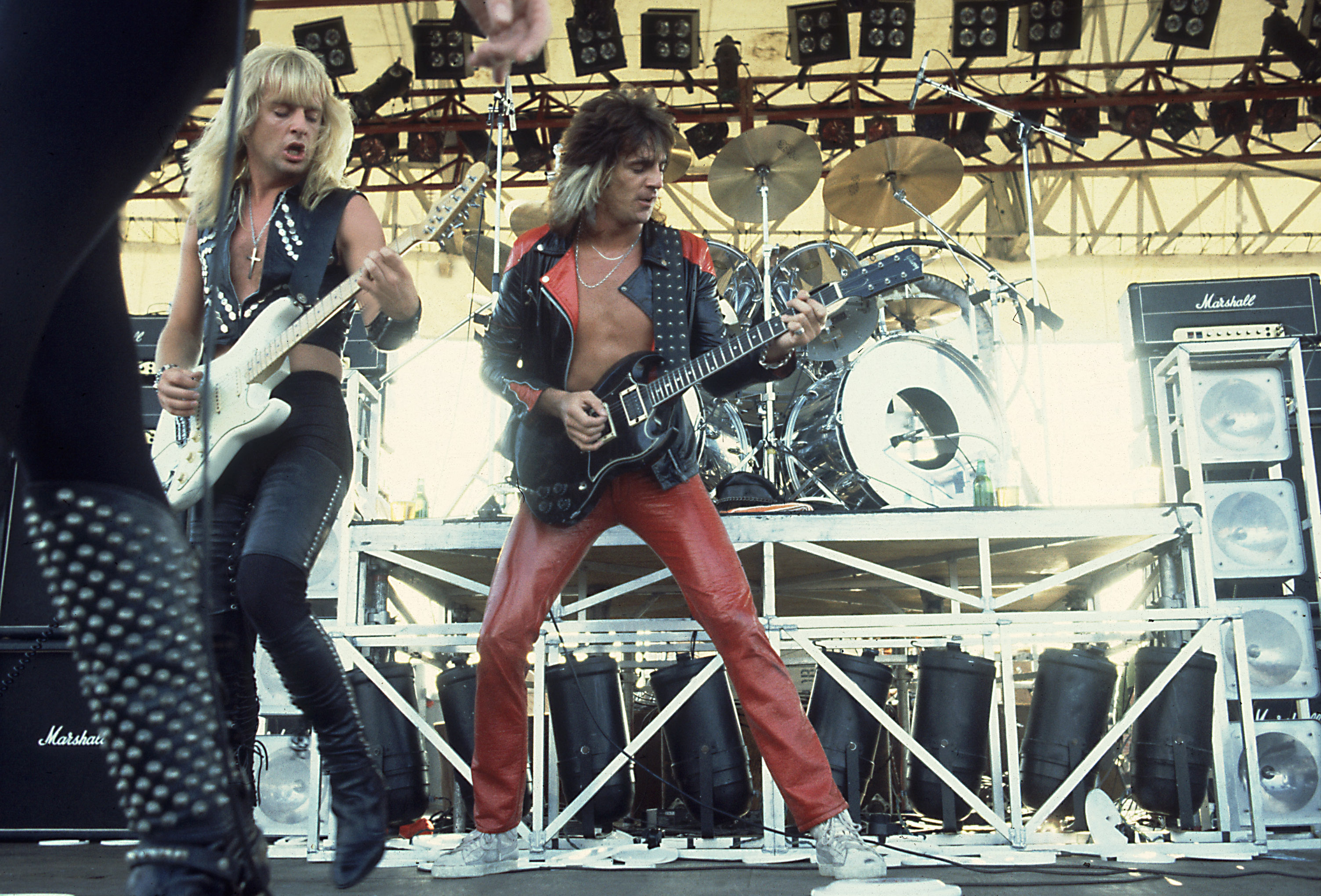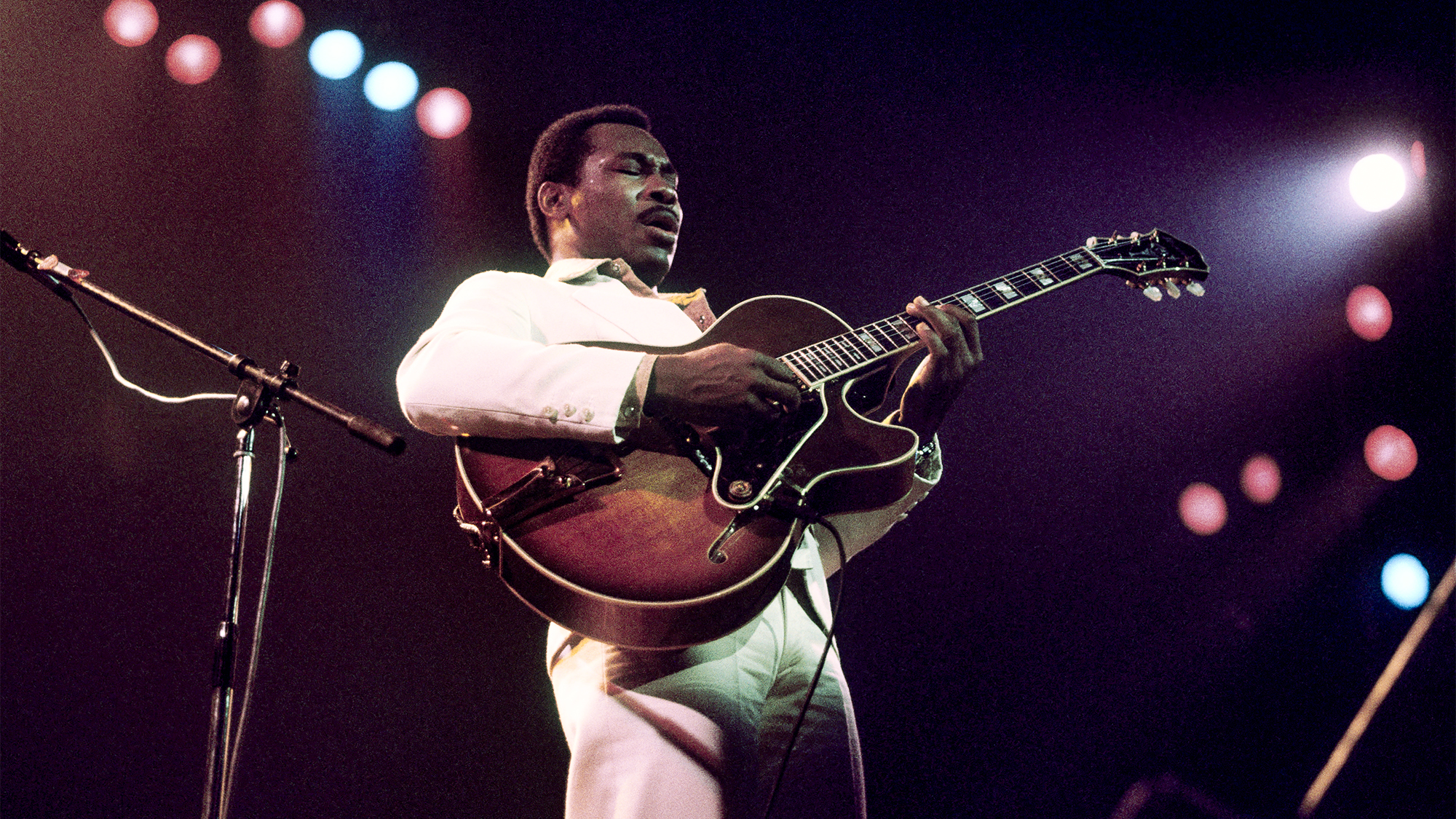“There's coughs, squeaks and rattles. If somebody got it wrong, you'd have to start all over again.” K.K. Downing on making Judas Priest’s 'Rocka Rolla' debut and the chance to finally fix its blemishes
The guitarist says the new version helps the band reclaim the baby they'd left on the doorstep in ‘74

All the latest guitar news, interviews, lessons, reviews, deals and more, direct to your inbox!
You are now subscribed
Your newsletter sign-up was successful
It’s common for an artist, having evolved and mastered their craft over a long career, to look back upon their debut with a sense of derision. For Judas Priest, revisiting and giving 1974 album Rocka Rolla the version it deserves has been on their Christmas list for half a century.
Longtime producer Tom Allom, whose 12 production credits include British Steel, Screaming for Vengeance and 2018's Firepower, was tasked with the heavy lifting. He worked with engineer Luie Stylianou to digitize the original tapes and give the recordings a new lease of life more in keeping with the band’s original vision.
Former guitarist K.K. Downing has spoken highly of the results, feeling he is now able to reclaim the album 50 years later.
“We kind of had to leave the baby on the doorstep and walk away at the time,” he tells the UCR podcast. “It's great to feel a part of them, and the albums feel a part of me again.”
Downing, who left the band in 2011, said it was vital that the new mix maintain the “integrity” and “antiquity” of what Rocka Rolla was about, while fixing the blemishes that undermined its original release.
“It's a much better experience,” he says in a separate episode. “There's coughs and squeaks and rattles, but it's good. It enables the listener to actually be in that studio room with us while we were doing those recordings in such an antique kind of style, where we all stood there playing the song from beginning to end.
“If somebody got it wrong, you'd have to start all over again. I think all of that has been captured, which is a good feeling.”
All the latest guitar news, interviews, lessons, reviews, deals and more, direct to your inbox!
Bass player Ian Hill, who has been in the band since 1970, says the band were “disappointed” when they heard the final mix all those years ago.
"It was all done on a very low shoestring budget, during nighttime hours, because studio time was cheaper during the night,” he explains. “We slept in the van outside the studios, got cleaned up in the facilities there, and worked overnight. So really, it was always going to have its faults.
“We had to make some decisions about the sonic direction we would take it in,” Stylianou adds. “We tried to start from as neutral a canvas as possible and not have any preconceptions of what should be done to the material. From my perspective, it was all about what was required in terms of mixing.
“We were also very conscious not to take it sonically away from the '70s," Allom adds. “Back in those days, we didn't use a lot of reverb on stuff, so we kept it true to the era in which it was made.
“Luie was very good at doing things like putting a bit of room on the drums because there are some very good digital reverbs that create very realistic room sound.”

Allom believes the record presented a more primal version of the band that would become the Judas Priest we know today, which is why it sounds so different.
“They weren't particularly heavy,” he says of the band. “The only similarity to them musically with the subsequent albums was Rob Halford's voice, to be honest. The guitar tones were nowhere near as developed as they became with later albums. So we were kind of working with an open manuscript and using our own collective judgment.”
The Allom and Stylianou partnership is now giving its follow-up, Sad Wings of Destiny, the same treatment and it further highlighted the “step forward” the band had made between releases.
“It's taken us by surprise what was lurking on the multi-tracks,” Allom reveals. “It's sounding pretty energetic and we're very excited."
On his departure from the band 13 years ago, Downing recently told Guitar Player: “It's a very weird situation, and I don't think I'll ever understand it.”
He's kept himself busy with K.K. Priest since, as well as his K.K.’s Steel Mill music venue.
“As to whether the door for me is open,” he concludes, “who knows?”
A freelance writer with a penchant for music that gets weird, Phil is a regular contributor to Prog, Guitar World, and Total Guitar magazines and is especially keen on shining a light on unknown artists. Outside of the journalism realm, you can find him writing angular riffs in progressive metal band, Prognosis, in which he slings an 8-string Strandberg Boden Original, churning that low string through a variety of tunings. He's also a published author and is currently penning his debut novel which chucks fantasy, mythology and humanity into a great big melting pot.



